Charles Edward “Charlie” Pirtle, a professor emeritus in Georgetown University’s School of Foreign Service (SFS) best known for designing the signature “Map of the Modern World” course, died June 22 in Boardman, Ohio. He was 82.
Pirtle began teaching at Georgetown in the early 1980s as the director of the SFS’s undergraduate program, retiring in 2005 after serving as dean of faculty. During his time in the SFS, he taught the “Map” course — a core requirement for SFS undergraduates — from 1986 to 2005, reshaping it into a rigorous history of the geographic factors underpinning international affairs.
Under Pirtle, teaching assistants would lock the doors of the “Map” classroom and roam the aisles to ensure no students were eating, drinking or talking. Pirtle required students to memorize the locations of every country, territory and colony — and their predecessor states — and learn the political histories and geographical phenomena behind those boundaries.
“It became a rite of passage for all students in the School of Foreign Service,” Pirtle said in a 2020 webinar.
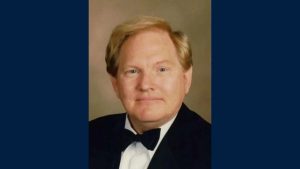
As Pirtle taught the course, he was forced to adapt to the evolving nature of political geography: During Pirtle’s first few years teaching the course, the Berlin Wall fell, the Soviet Union collapsed and ethnic conflicts emerged in the Balkans and in Africa — resulting in the births of several new countries for students to memorize.
Pirtle, the son of sharecroppers, was born September 24, 1941, in a dirt-floor shack on the Kentucky-Tennessee border. He grew up farming tobacco, driving a mule to help his parents work the fields, before his family moved first to Louisville, Ky., then to Geneva, Ohio, where he graduated from Spencer High School in 1959.
After graduating, Pirtle joined the Air Force, serving in Nebraska and South Korea and working in intelligence, which sparked his interest in national security and geography. Pirtle later returned to Ohio to earn his undergraduate and master’s degrees from Kent State University before earning a Ph.D. in international relations at the University of Pittsburgh in 1985 and joining Georgetown’s faculty.
SFS Dean Emeritus Peter F. Krogh described Pirtle as “exacting, colorful and loveable” and said Pirtle was crucial to building the SFS into a world-class institution.
“Charlie Pirtle was a foundational pillar upon which a reborn Walsh School rested,” Krogh wrote to The Hoya. “As both administrator and teacher, he was a star.”
Anthony Arend (SFS ’80), chair of the department of government and a longtime friend of Pirtle’s, said Pirtle was an inspirational professor and devoted mentor.
“Charles E. Pirtle was a force of nature at Georgetown,” Arend wrote to The Hoya. “While Map was created before Charlie took it over, the course became Charlie’s. And while to some he might have seemed a bit stern in the class, Charlie was a kind, caring person, who would meet for hours with students–serving as a mentor to hundreds.”
“Charlie would often say that the best excuse he ever received from a student for missing class was when then Prince Abdullah of Jordan said that he had to be absent to be Regent of Jordan while his father was away,” Arend added.
SFS Dean Joel Hellman said Pirtle’s “Map” course left an indelible mark on his many students.
“Among his many contributions to Georgetown and SFS, Prof. Pirtle reshaped “Map of the Modern World” into an iconic rite of passage that was equally loved and feared by generations of SFS students,” Hellman wrote to The Hoya. “His memory will live on in the hearts and minds of so many SFS alumni.”
Hellman said Pirtle inspired hundreds of SFS students through “Map.”
“He brought to the class an encyclopedic knowledge of the impact of the physical world on the course of global history and politics that he drilled into students with a stern, but caring, approach that challenged students to be their best selves,” Hellman wrote.
Professor of geography and SFS Vice Dean Mark Giordano, who currently teaches the “Map” course, said Pirtle’s legacy lives on in the way he teaches “Map of the Modern World.”
“In an email conversation, he told me that the purpose of Map was to ‘banish geographic illiteracy from the face of the SFS,’” Giordano wrote to The Hoya. “Prof. Pirtle’s class created a model for a uniquely SFS core class that lives on today.”
Outside Georgetown, Pirtle traveled around the world, presenting lectures on cruise ships. He enjoyed spending time with his family, discussing world events with anyone from Georgetown students to Henry Kissinger, cooking for visitors and remaining active in the Church of Christ.
Arend said he will miss Pirtle, his close friend.
“Charlie was a dear personal friend,” Arend wrote. “We spent many hours talking about everything from rock music to international law to US foreign policy. I will miss him greatly, and I know that the many, many alums of the School will miss him too–and be forever grateful for what they learned from Professor Pirtle.”
Pirtle is survived by his wife, Mary, to whom he was married for 59 years, two sisters-in-law, three nieces, three nephews and several grandnieces and grandnephews. His parents, Clarence and Margaret, and brother, Larry, predeceased him.



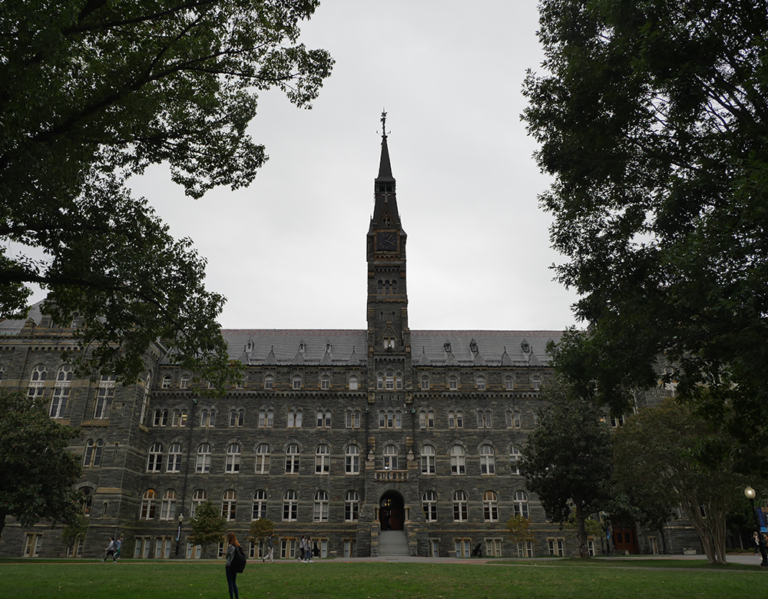
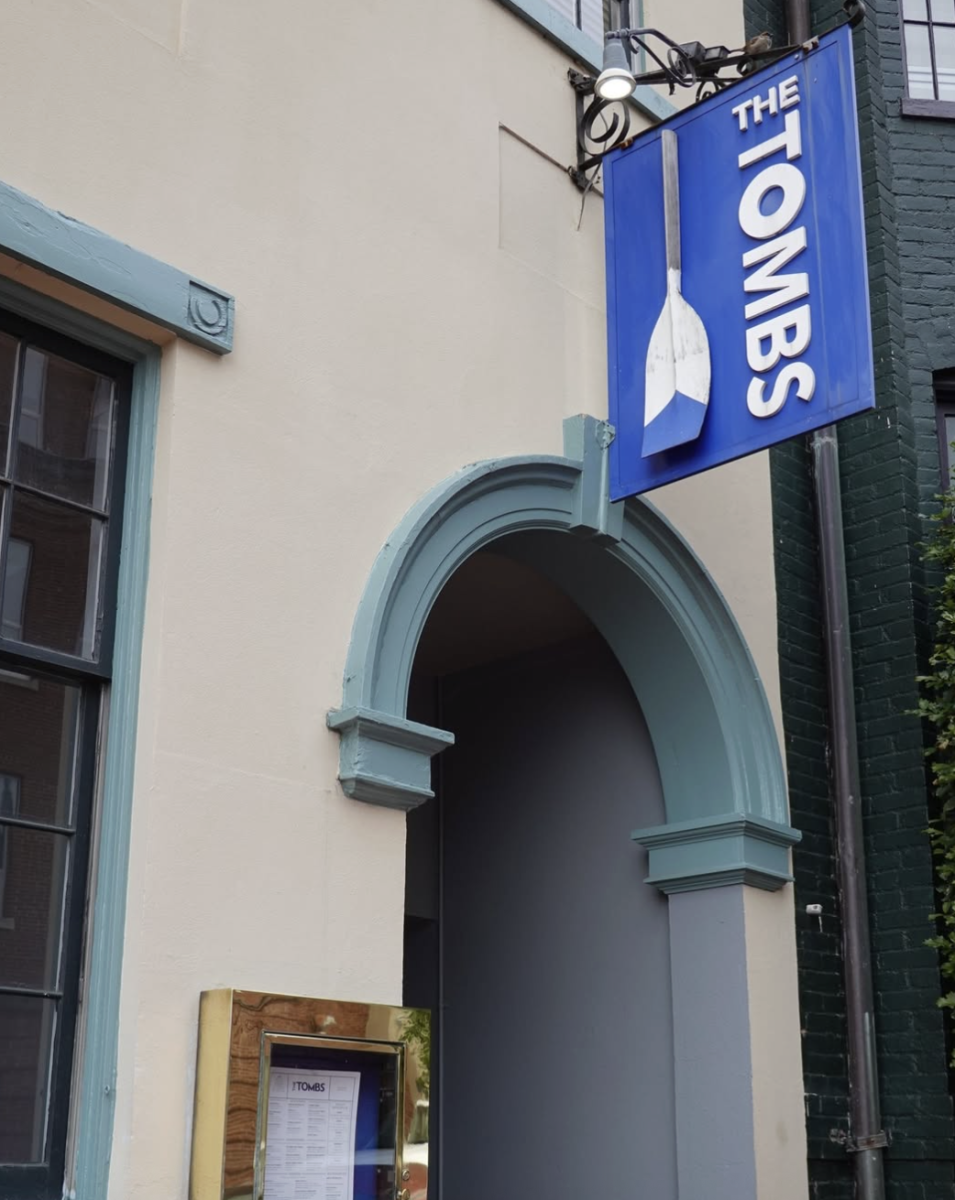
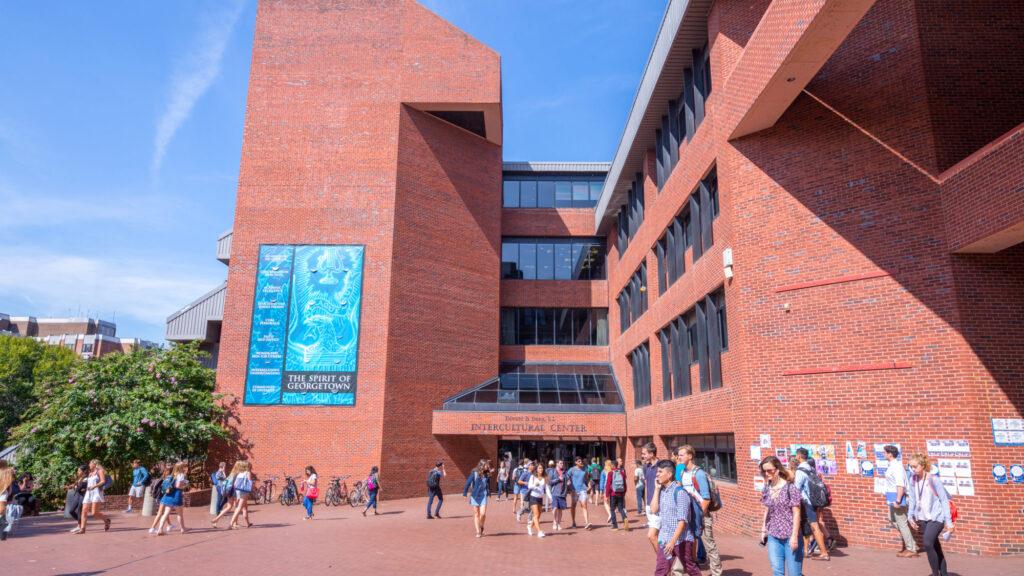








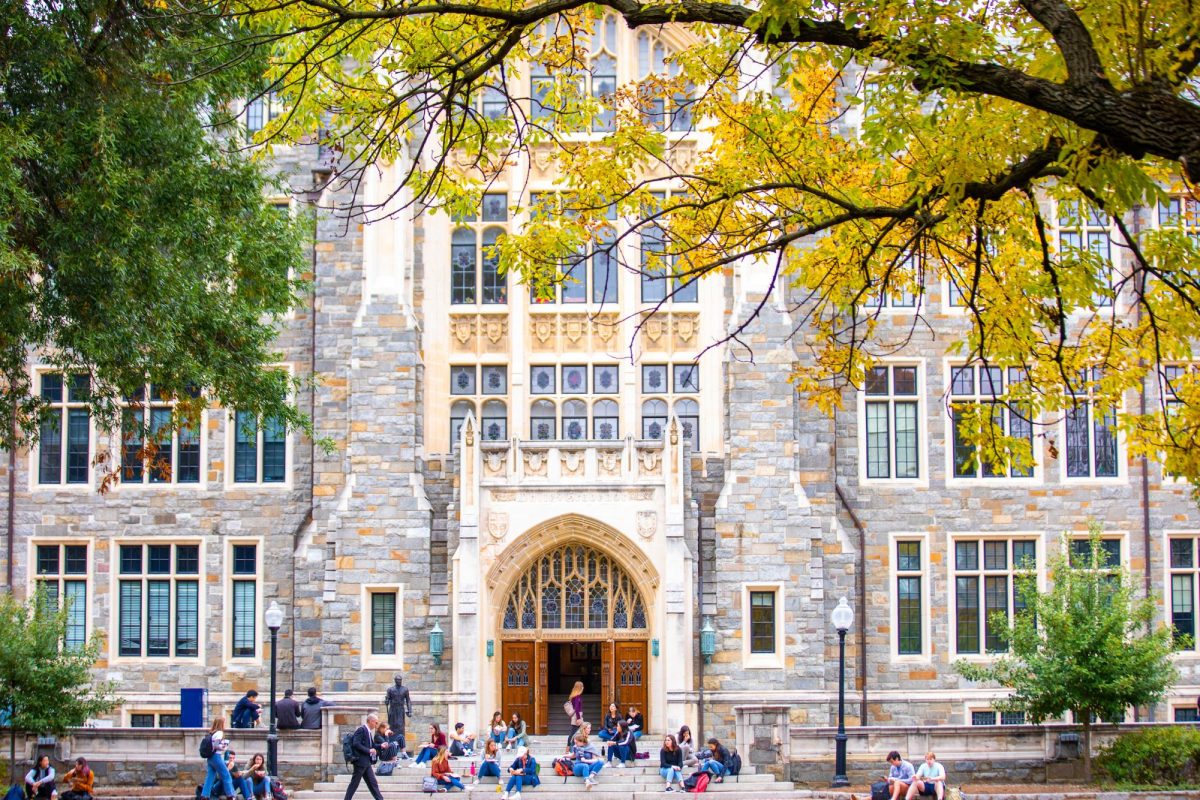
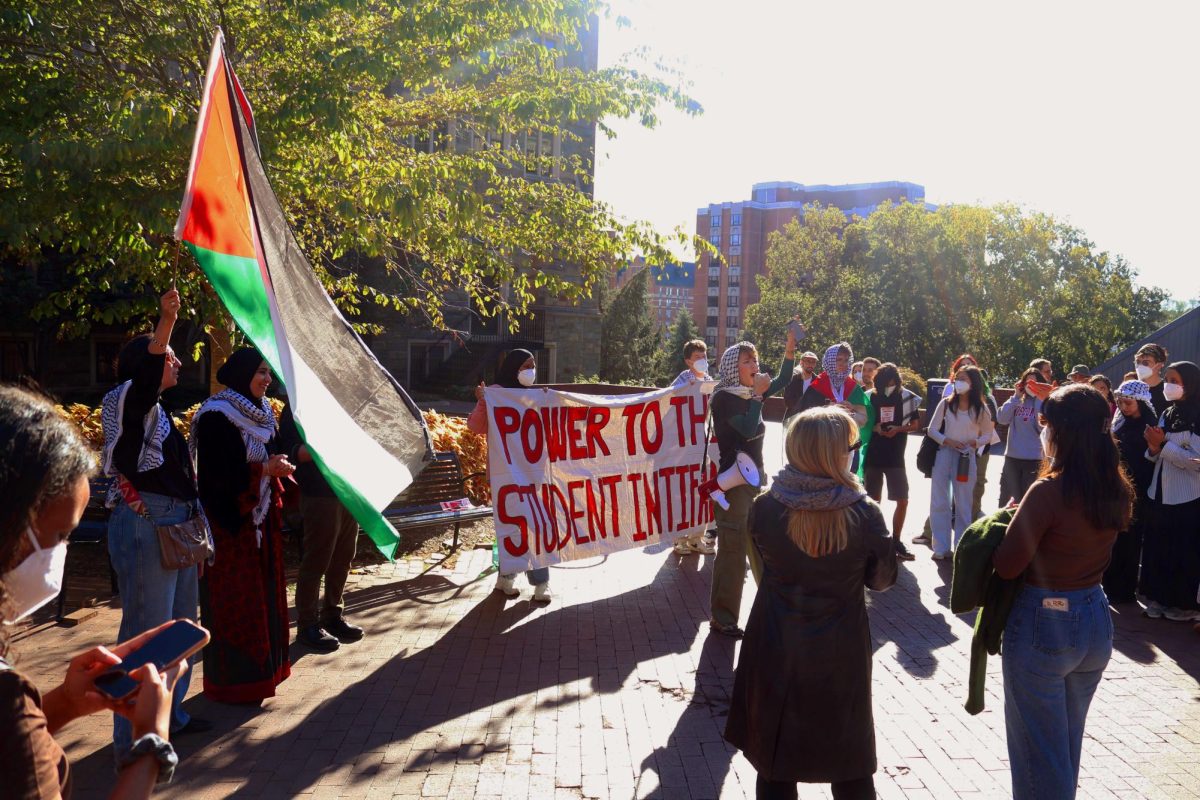
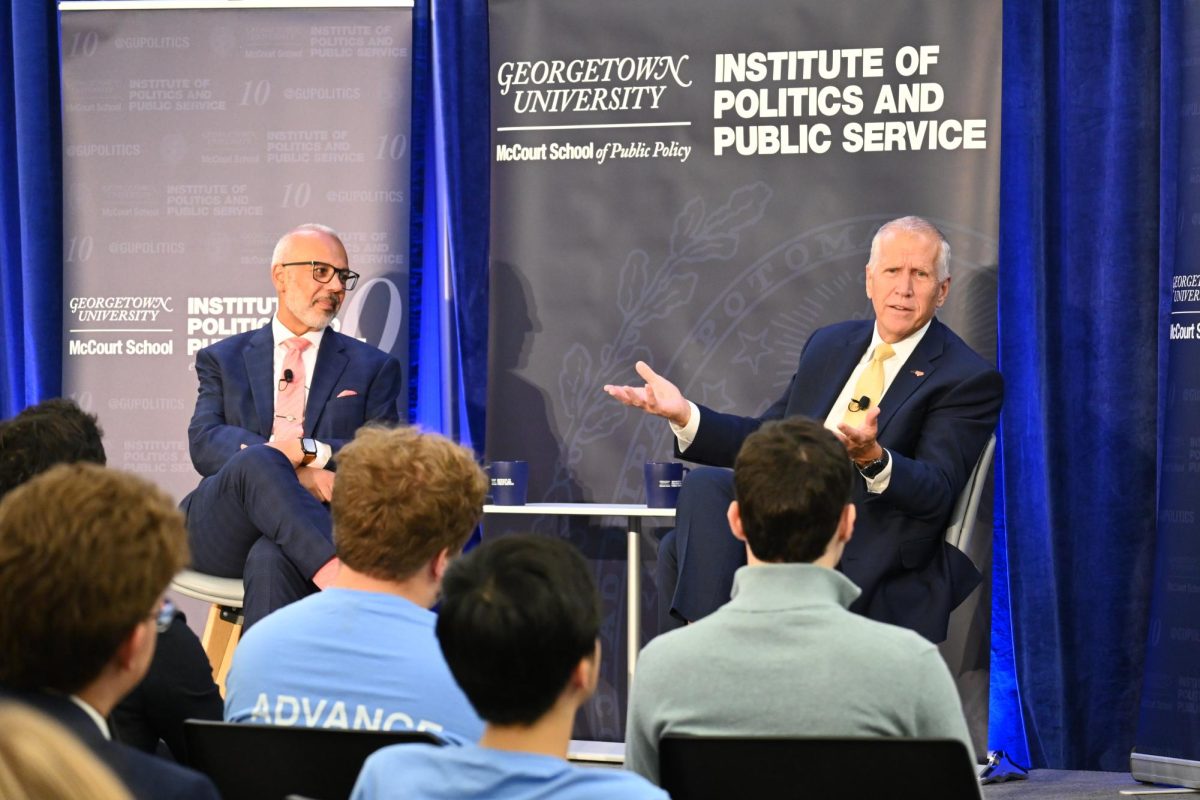
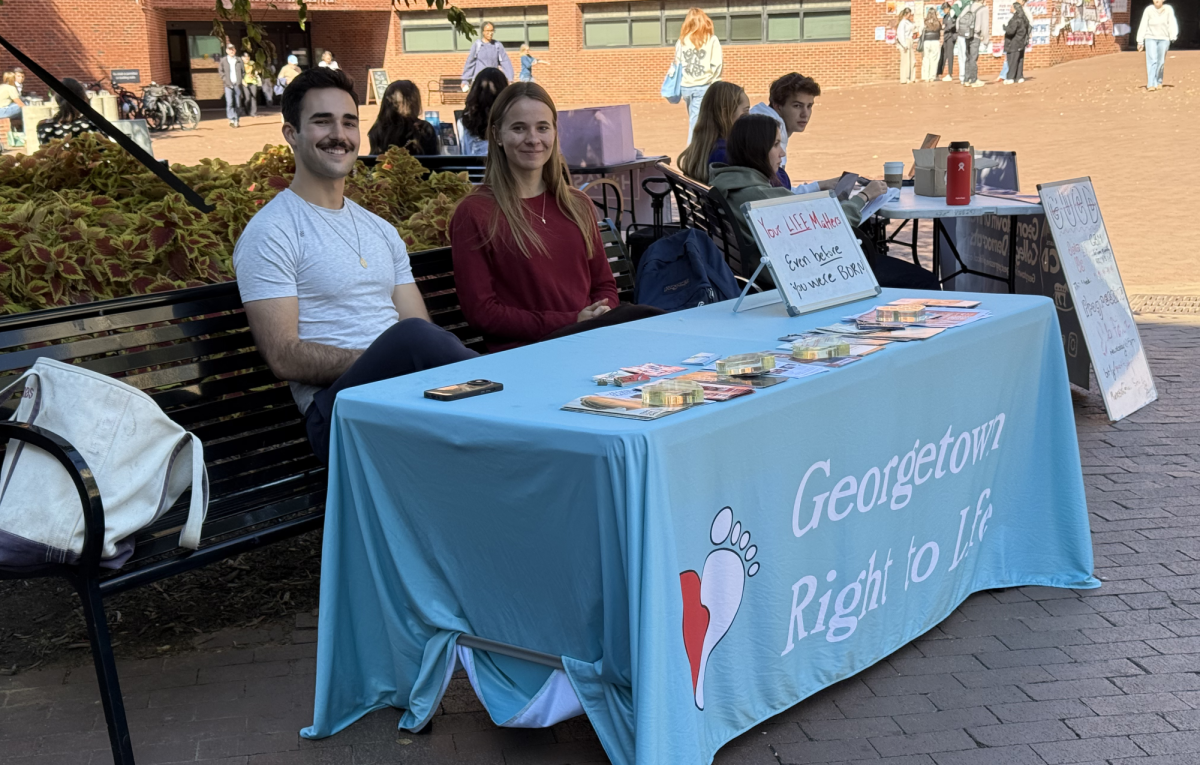
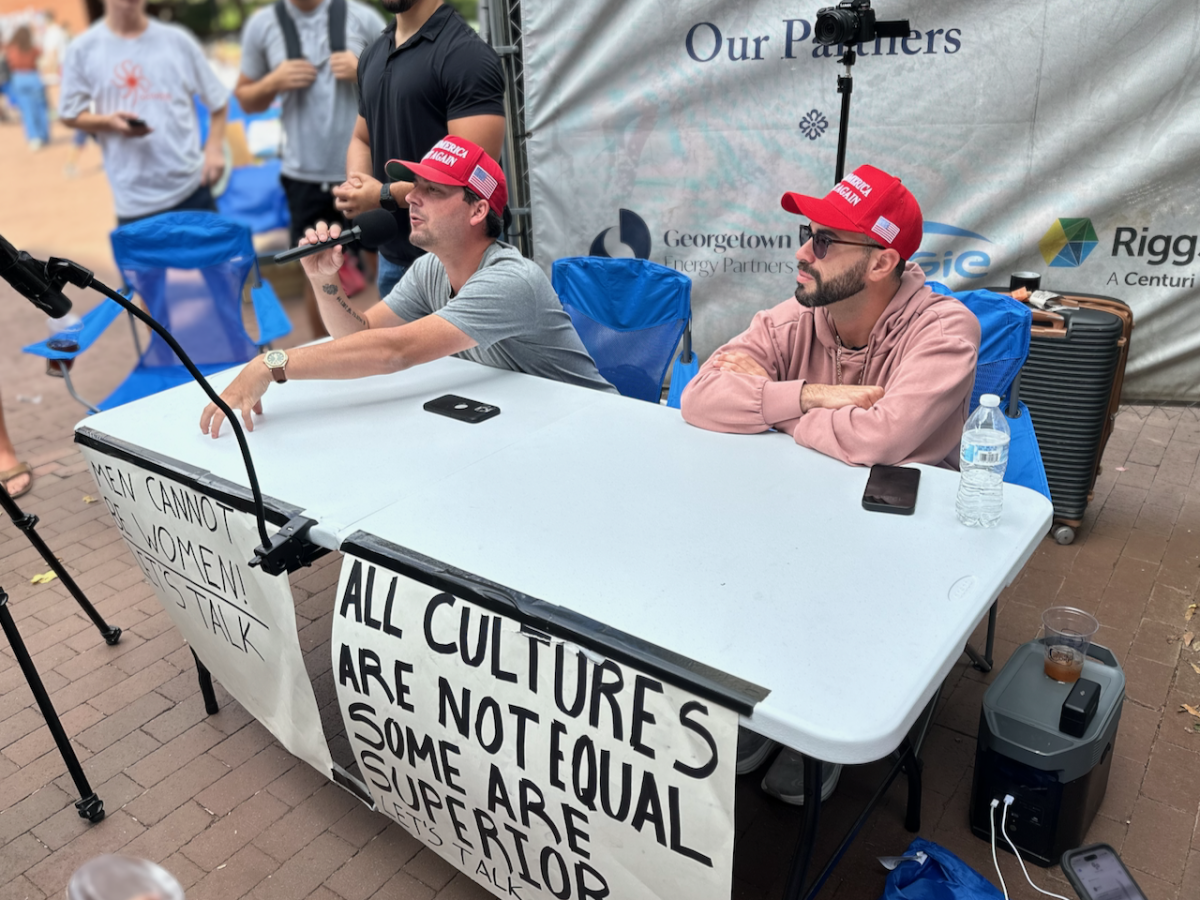
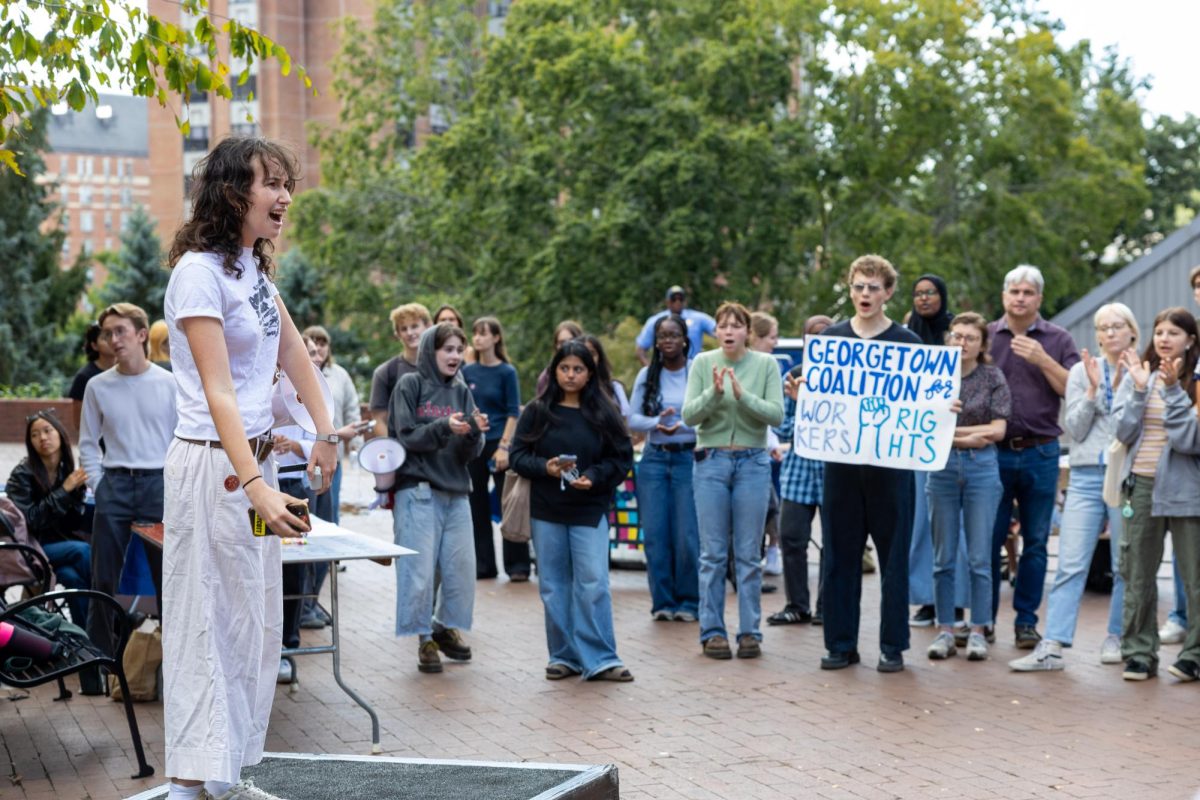

Jason Begalke • Oct 17, 2024 at 6:52 pm
Charlie was a close friend of mine for decades. I still remember sharing pizza and discussing geopolitics with him when I was a young boy in Ohio. I am deeply grateful for his friendship and the wisdom he shared with me over the years. He was a wonderful person — a true legend and icon. Rest in peace. – Dr. Jason J. Begalke